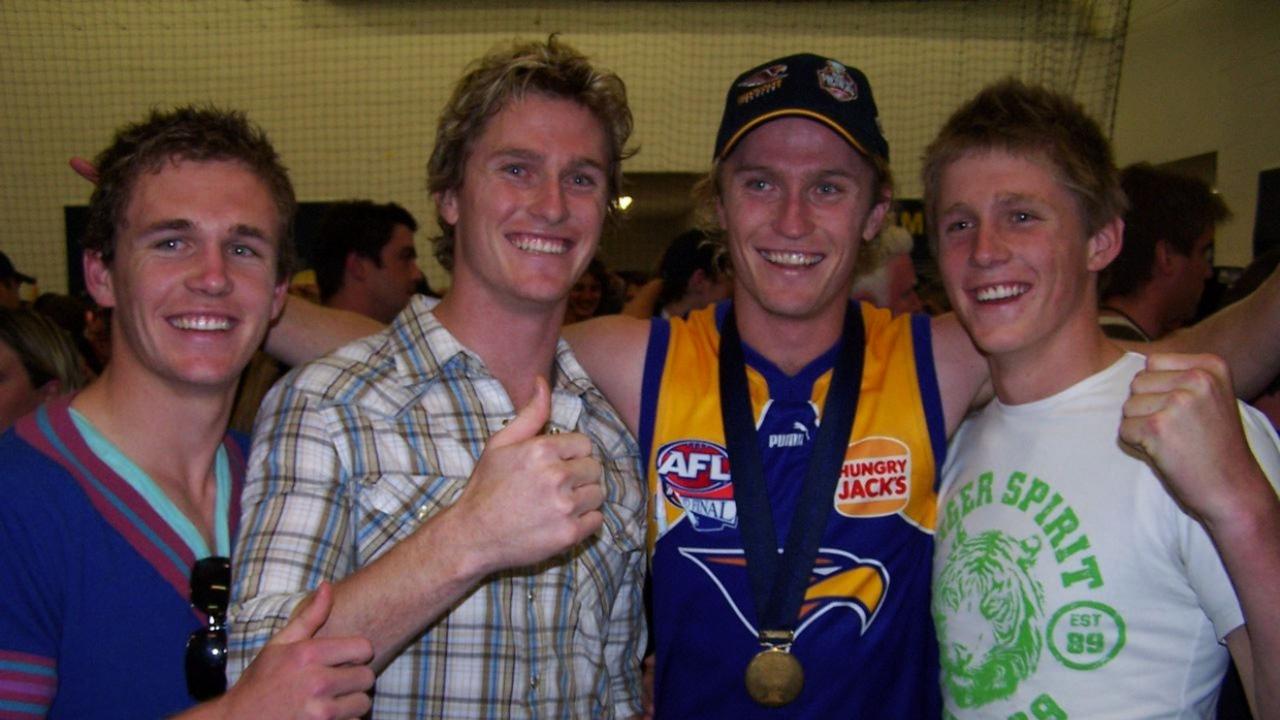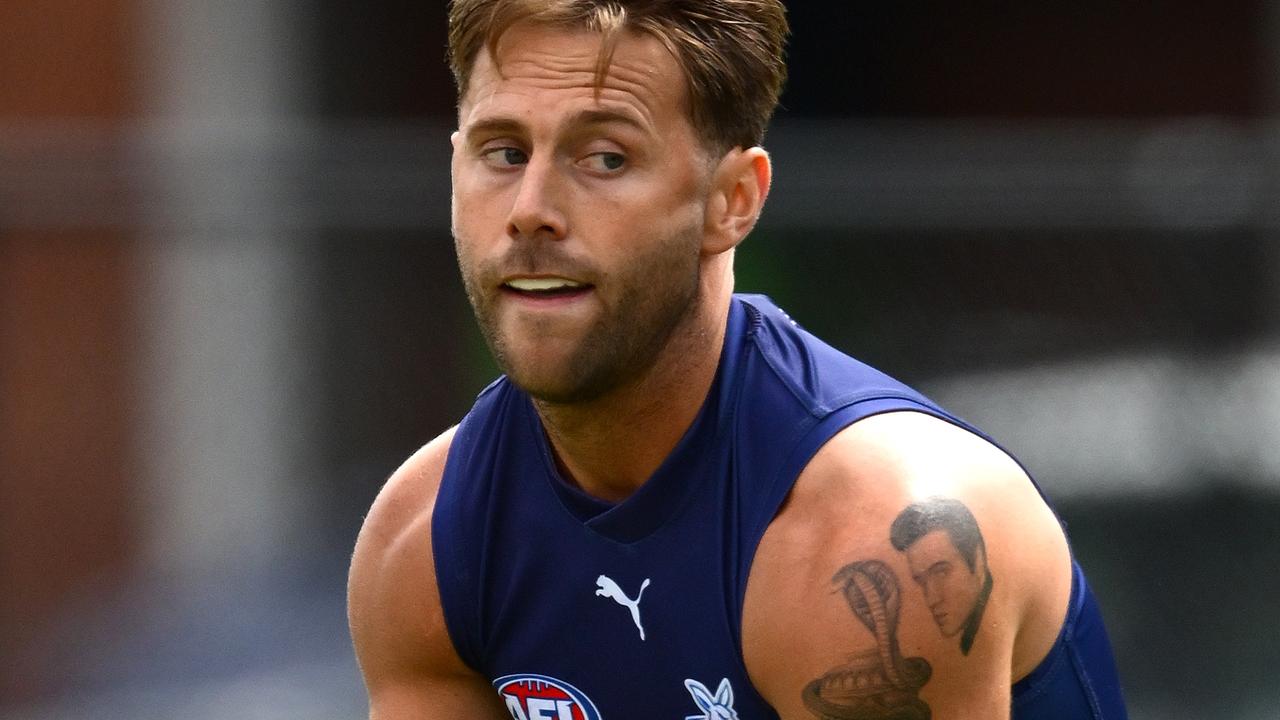AFL drugs policy is letting down players and clubs, writes Jon Ralph
The AFL says its illicit drugs code saves lives, but the policy has created a culture of secrecy to protect the players and the sad tale of Jon Hay proves it’s doing more harm than good, writes Jon Ralph.
Expert Opinion
Don't miss out on the headlines from Expert Opinion. Followed categories will be added to My News.
The greatest failure of the AFL’s illicit drugs policy isn’t that it has never led to the suspension of a player for drug use in its 15-year history.
Despite tens of thousands of tests since 2005, the league’s policy has so many loopholes, caveats and medical exemptions, it’s no surprise no one gets caught.
One of the policy’s key objectives has been about identifying players with serious mental health issues who then rebel with illicit drug use.
Finding them with the help of the drug code and giving them counselling, medical attention and rehabilitation is a worthwhile endeavour.
Where this policy falls down — by the testimony of players — is ratbags taking the mickey out of the system and “gaming” it just because they can.
And as ex-Hawthorn star Jonathan Hay told the Sunday Herald Sun, drug-taking can lead to mental health problems for previously healthy players.
There is no more stark example than Brock McLean going on regular two-day drug binges that finished hours before Monday training and still not getting caught.
Get your footy fix on KAYO ahead of live matches returning soon. Watch classic battles from the 60s to today, docos, news and more. New to Kayo? Get your 14-day free trial & start streaming instantly >

The priority of this two-strikes system is that it should put the fear of god into players.
Yet former St Kilda captain Nick Riewoldt said of the system last year: “The vast majority of players don’t have abuse issues, they’re just taking the p--s out of the system.”
With his family’s history of addiction issues, Hay might have found a way to drugs without a stalker or his bipolar depression.
But he worries for the ratbags who take drugs, then end up with mental health issues.
“There is a thing called dual diagnosis,’’ he said.
“What comes first, depression and then drug use or drug use and then depression? It can go either way. For me, it was depression and then it turned into drug use, but I have no doubt people who start abusing drugs can have mental health issues after that as well.”
SUBSCRIBE TO THE SACKED PODCAST HERE
Hay’s two strikes for methamphetamines were in 2005, when it was a three-strike policy. But the problems remain.
Clubs recruit players from other clubs, only to find out they have illicit drug strikes that were kept from them at trade time.
The policy creates a culture of secrecy to protect the players, but too often it is the clubs that are penalised.
And as Hay says, it could be creating problems for players instead of saving them.
READ MORE:
Originally published as AFL drugs policy is letting down players and clubs, writes Jon Ralph


